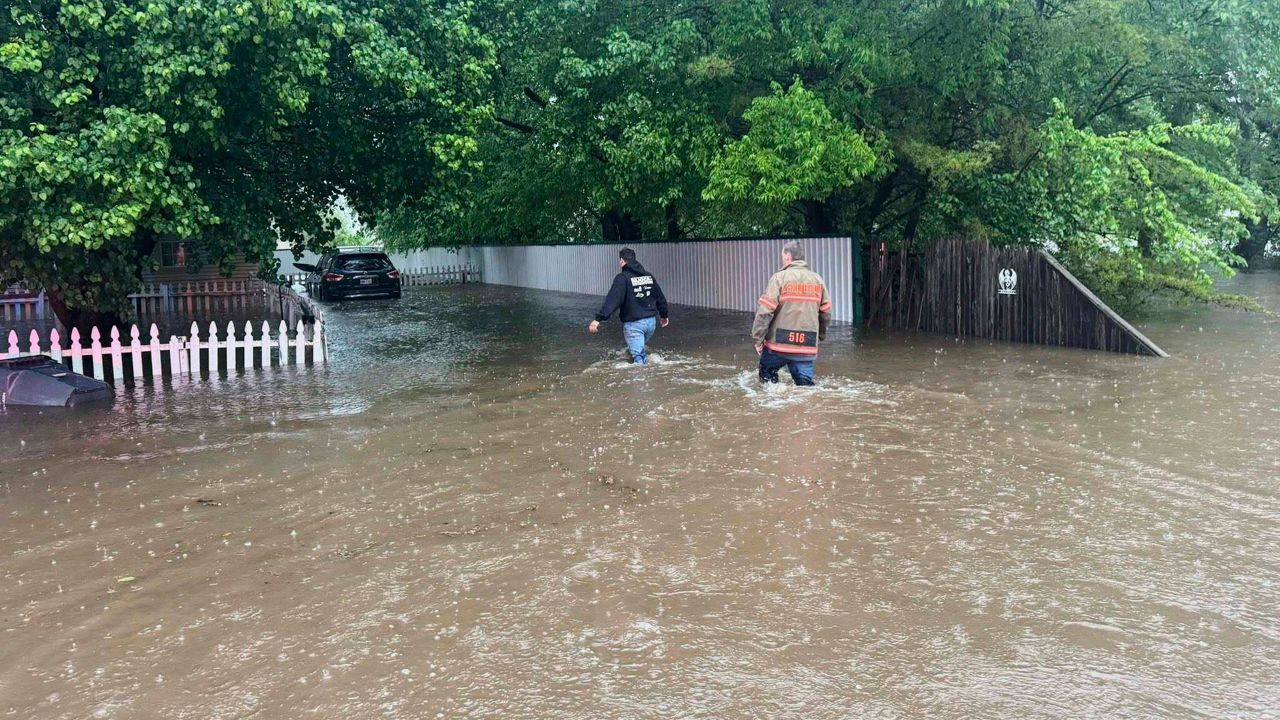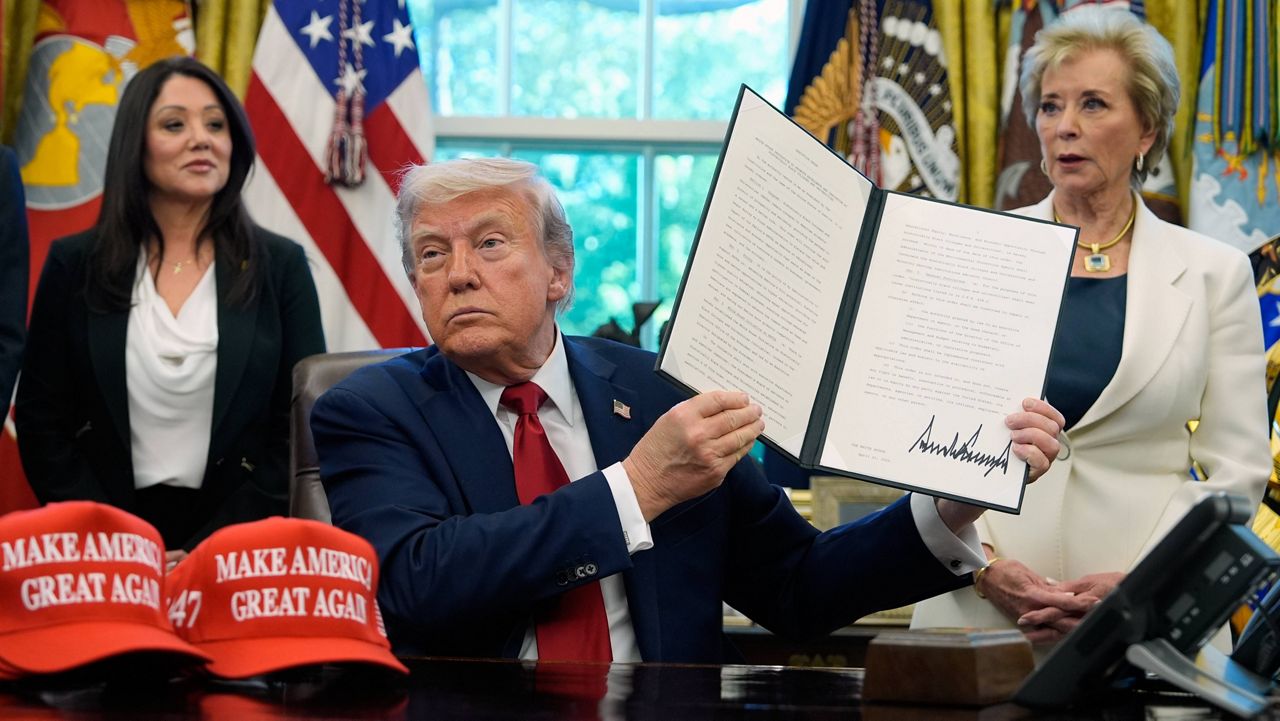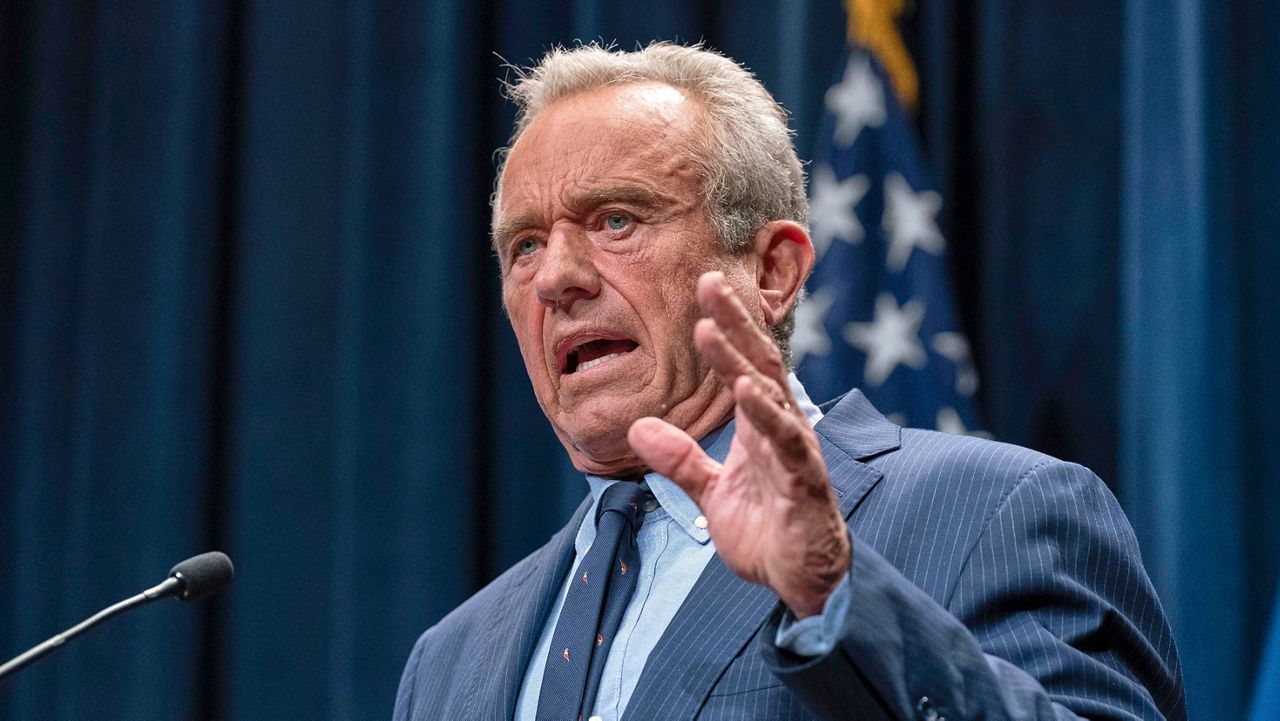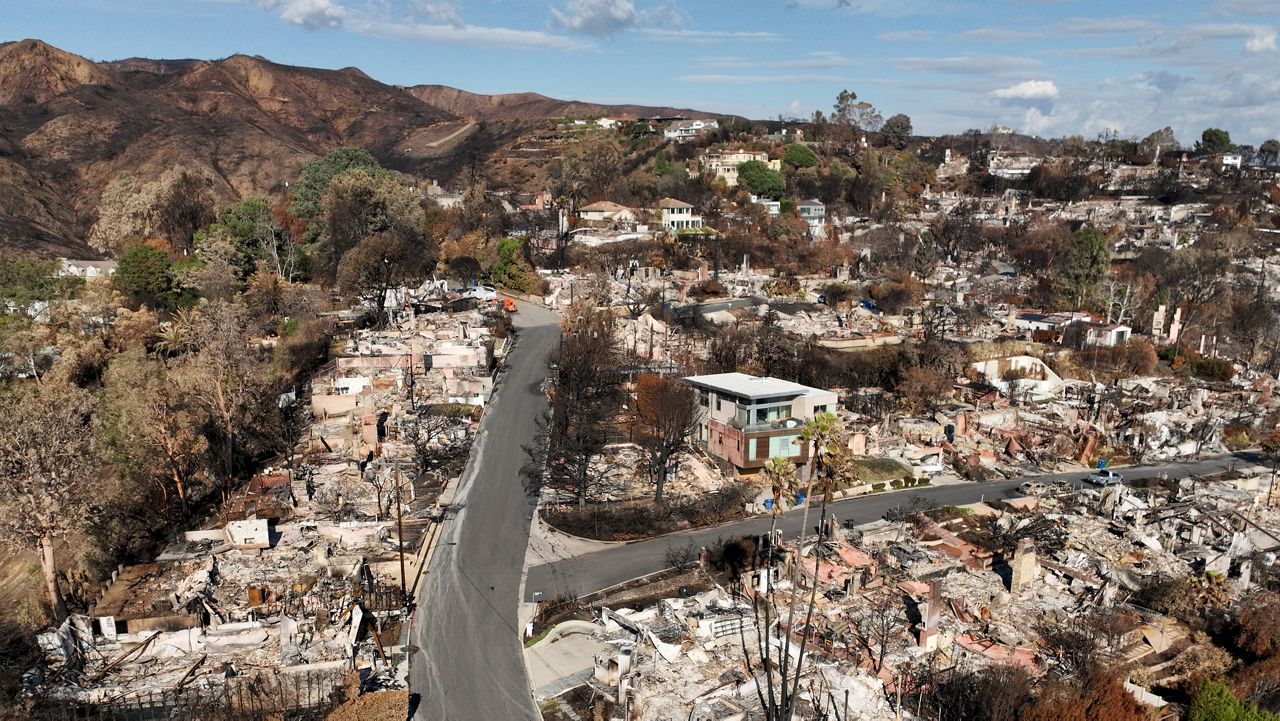President Donald Trump says his administration is cutting billions of dollars in wasteful government spending, but officials at the United Nations Population Fund, the U.N.’s sexual and reproductive health agency, are sounding the alarm after losing all U.S. government funding.
“The U.S. has always been the leader in addressing the needs of women in humanitarian settings, ensuring they were protected from sexual violence,” said Sarah Craven, the director of UNFPA’s Washington, D.C., office. “So the loss of U.S. funding is having us to really scramble on how we can continue.”
The UNFPA is dedicated to improving maternal and reproductive health for women around the world. They work to reduce maternal mortality, increase access to family planning, prevent sexually transmitted diseases and stop violence against women.
Craven said 40% of UNFPA’s humanitarian funding — or $377 million — “ended overnight” when the Trump administration said earlier this year it would stop all financial support. As a result, Craven said the agency had to quickly find ways to provide lifesaving services around the world.
“We have had termination of the grants that we had waivers, and then we had some restored, and then we had them terminated again, so it's a very chaotic situation,” Craven said. “Every day we have our team looking to see what the status of the funding is. So it makes it very hard to plan. It makes it very hard to deliver services, because we don't have the certainty of what we can do under the U.S. agreement.”
In a statement, the fund said the cutback will close thousands of clinics, end medical care for rape survivors and disrupt shipments of medical supplies to refugee camps.
“To be able to come to a center or a mobile clinic and have someone who is there to provide you with that medical care, with the psychosocial support, maybe with a small intervention such as a dignity kit, those can not only change the trajectory of their situation, it also restores hope in a situation and dignity in a situation where hope and dignity are often lacking,” Craven said. “So to lose that is not just the actual loss of the service, but it's a loss of of belief that there is something to look forward to and that someone's looking out to protect you."
The funding had been provided by USAID, the U.S. Agency for International Development. But soon after Trump took office, he slashed USAID’s staff and funding, and shifted its remaining programs to the State Department.
“I love the concept, but they turned out to be radical left lunatics,” Trump said of USAID during an Oval Office event in February.
State Department Principal Deputy Spokesman Tommy Pigott said the administration is reevaluating every dollar of foreign aid as part of the president’s effort to rid the government of wasteful spending.
“Just because the framework changes does not mean the priorities of the work changes,” said Pigott. “We're just making sure that we're using every single dollar in a way that advances our national interests”
Asked by Spectrum News if the Trump administration is planning to review grants for wasteful spending and then reissue money for causes like rape treatment and maternal health care, Pigott responded: “I don't want to speak to specific programs or preview what those decisions might do, but this has been a review that has, again, examined how these dollars are spent. And just like with any policy going forward, we're going to continue examining our policy, examining where aid goes, examining different grants, making sure, as we go forward as well, that we're continually making sure that those dollars are advancing our national interest and that we're pursuing that national interest.”
Craven said the population fund has received no formal explanation for the funding cut.
“Women and girls are dying and will continue to die,” she said. “It's senseless to me, when we know what to do and these are low-cost interventions, that we're not acting.”
That intervention can be as low as $5. Craven described safe delivery kits that include a bar of soap, rubber gloves, a string, a razor blade and a sterile surface to ensure that a woman can give birth safely and hygienically.
“So it's not like we're looking for a cure or some large investment,” Craven said. “These are small investments that transform lives and really make the difference for women and girls in vulnerable settings.”
Craven said UNFPA is working with other countries and has received donations from private U.S. citizens.
“It's dramatic, and we are in a situation where it's not just us,” she said. “It's the entire humanitarian sector that is facing those same kinds of cuts. So we're turning to many of the other member states, governments who have supported our work, but they're being asked at the same time by many other very needy and worthy causes, so it's been a challenge.”
As the Trump administration develops a new system for distributing foreign aid, Craven said she is hopeful the U.S. will resume backing the U.N. Population Fund.
“For women, seeing the U.S. and the U.N. come together has been often a beacon of hope,” Craven said. “So despite losing the U.S. money, which has been devastating, we haven't lost our resolve and our commitment to finding other partners to engage with and to ensure that we can continue to live on our life saving mandate.”






_crop)


